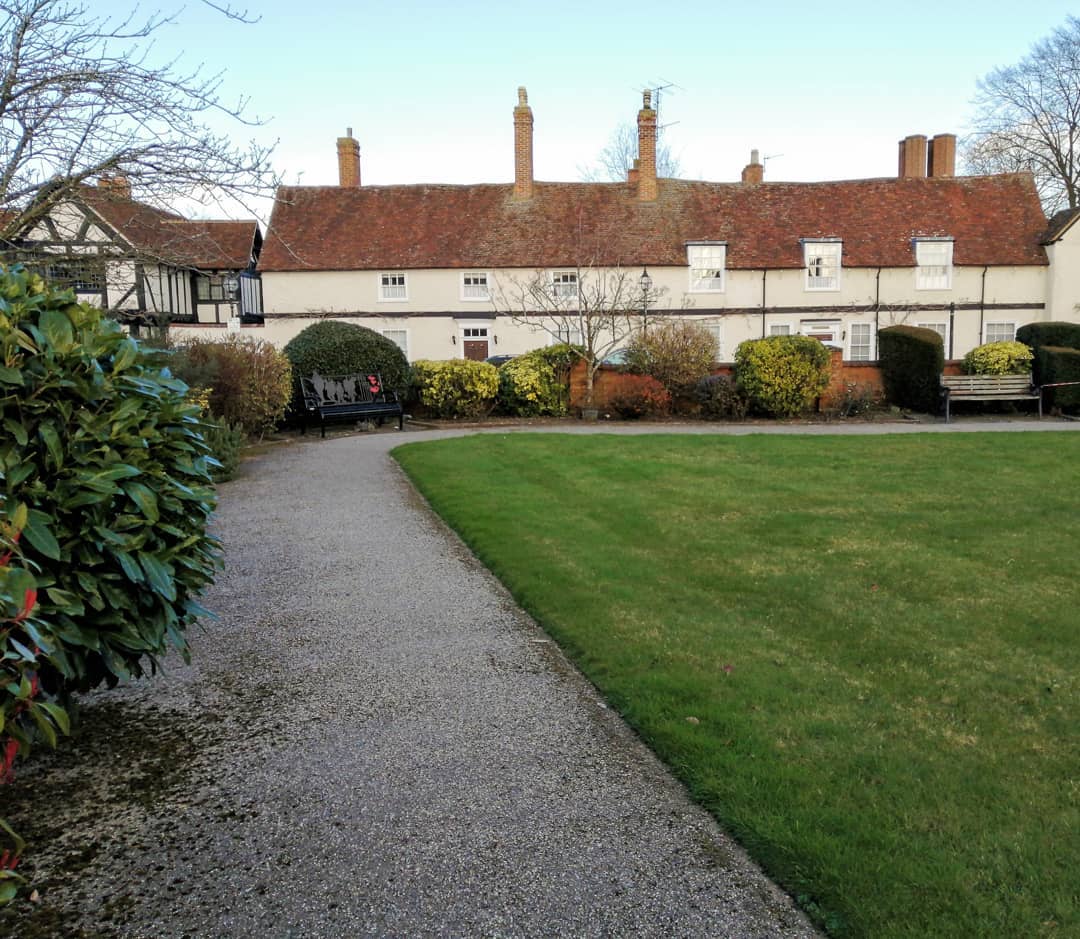Over the last few days I have been listening to several podcasts and YouTube videos while doing housework.
Almost all of these are hosted by English speakers from the U.S.A., and I noticed how many expressions are used in conversational American English that aren’t typically employed in the U.K. or Ireland. Many English language learners might not realise that there are culturally distinct ways of conveying the same things, especially considering the widespread American influences on social media.
So I will address some of these DIFFERENCES here, with reference to Jane Austen’s beloved ‘Emma’ that has helpful examples.
We will concentrate on EXPRESSIONS of DESIRE and ABILITY.
British English speakers tend to use conditional tenses more frequently than their American counterparts. This is especially evident in the way they SPEAK English: I have heard American presenters encouraging their audiences with phrases like, ‘Now I WANT you to [verb]…’ or even use the imperative ‘SUBSCRIBE to my podcast’, etc.
In similar context, British English speakers would often say something like, ‘I WOULD REALLY LIKE you to [verb]…’ or (more formal) ‘I WISH YOU TO do [something] …’ or even ‘PLEASE consider subscribing to my podcast IF [you found it helpful] …’
Hopefully, these examples help to illustrate how British English is generally LESS DIRECT than American English. Even in situations of tension or conflict, British speakers frequently maintain these forms of expression.
Notice how Austen writes:
📗 ‘Emma continued, “I have not said, exert yourself Harriet for my sake … because for your own sake rather, I would wish it to be done …”‘
📗 ‘“I cannot name a day,” said he, “till I have spoken to some others whom I would wish to meet you.”
📗 ‘“You can borrow Mrs. Cole’s. I would wish everything to be as much to your taste as possible.”
“That I am sure you would. …”
– Austen, Emma (1815)
In summary, if you intend to work or study in a British English culture, I would recommend including three things in your speech or writing:
* Use the CONDITIONAL tense more often, particularly in situations involving some form of exchange or interaction. For instance, ‘Could he phone me tomorrow afternoon?’ You can also use the modal verb ‘MAY’ or ‘MIGHT’: e.g. ‘May I borrow another book?’ or ‘I have something I would like to add to our discussion, if I may.’
* If you would like to receive something from another person, try using a QUALIFIER WORD (e.g. very, truly, really, quite, rather, indeed, etc) instead of raising your voice or emphasising a word. For example, ‘I would really appreciate it if …’ or (in a situation where you are negotiating a time) ‘Indeed you could phone me tomorrow if that works better’, etc.
* When you are requesting or expecting something from another person, use a POLITE phrase or word. For instance, you can add ‘please’ or even ‘if you could kindly [verb]’.
Using these forms will IMPROVE your PROFESSIONAL and COMMERCIAL INTERACTIONS in a British speaker culture. (However, you would use them less frequently in informal settings with peers).
Image: A photograph of a memorial garden in Stratford-upon-Avon, home town of William Shakespeare.




